Jazz fusión: «Vital Transformation» y «The Dance of Maya» [ESP/ENG]
Vital Transformation
Mahavishnu Orchestra: John McLaughlin (guitarra eléctrica), Jerry Goodman (violín), Jan Hammer (teclados, órgano), Rick Laird (bajo eléctrico) y Billy Cobham (batería, percusión). Extraído del álbum The Inner Mounting Flame (1971).
John McLaughlin es un guitarrista, líder de grupos y compositor inglés, y pionero en el jazz fusión que mezcla el jazz con el blues, el rock, la música clásica, la música hindú y el flamenco español. Solista virtuoso, siempre se ha dejado guiar por su búsqueda espiritual que ha hecho progresar su música abierto a nuevos horizontes. Ha sido galardonado numerosas veces como «Mejor guitarrista de jazz» y «Guitarrista del año» en las revistas DownBeat y Guitar Player, está incluido en la lista de «75 mejores guitarristas» de DownBeat y en el 2018 ganó el premio Grammy al mejor solo de jazz instrumental por su solo en «Miles Beyond» que aparece en Live at Ronnie Scott’s (2017). Nacido en la ciudad de Doncaster e hijo de madre violinista, durante su niñez estudió piano y violín, pero finalmente se decidió por la guitarra a los once años de edad. Sus primeros intereses fueron el blues y el swing. Después de marcharse a Londres a principios de los años 1960 tocó jazz, rhythm and blues, soul, ska y pop con Georgie Fame and the Blue Flames, blues con Alexis Korner and the Marzipan Twisters, y blues y rhythm and blues con la Graham Bond Organisation. También trabajó como músico de estudio y colaboró con el cantante y bajista eléctrico de blues y rock Jack Bruce, el batería de rock Ginger Baker, el cantante y teclista de jazz y rhythm and blues Georgie Fame, y el teclista de jazz-rock Brian Auger.
John McLaughlin is an English guitarist, bandleader and songwriter, and a pioneer in jazz fusion who mixes jazz with blues, rock, classical music, Indian music and Spanish flamenco. A virtuoso soloist, he has always been guided by his spiritual quest, that has made his music open to new horizons. He has been awarded numerous times as “Best Jazz Guitarist” and “Guitarist of the Year” in DownBeat and Guitar Player magazines, he is included in the DownBeat list of “75 Best Guitarists” and in 2018 won the Grammy Award for the Best Improvised Jazz Solo for his solo on “Miles Beyond” that appears on Live at Ronnie Scott’s (2017). Born in the city of Doncaster and son of a mother violinist, during his childhood he studied piano and violin, but finally decided on guitar at the age of eleven. His first interests were blues and swing. After leaving for London in the early 1960s he played jazz, rhythm and blues, soul, ska and pop with Georgie Fame and the Blue Flames, blues with Alexis Korner and the Marzipan Twisters, and blues and rhythm and blues with the Graham Bond Organization. He also worked as a studio musician and collaborated with blues and rock singer and electric bassist Jack Bruce, rock drummer Ginger Baker, jazz and rhythm and blues singer and keyboardist Georgie Fame, and jazz-rock keyboardist Brian Auger.
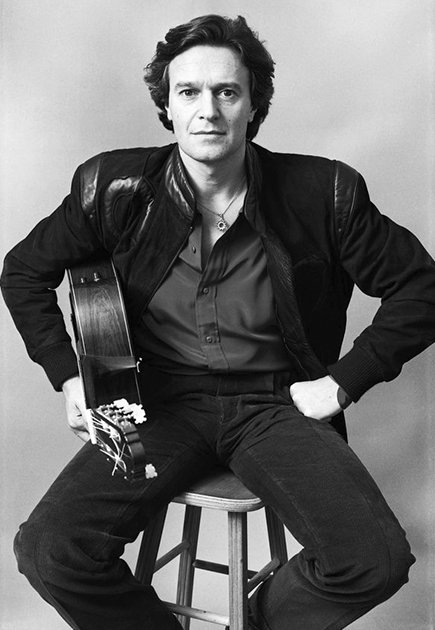
En 1968 John McLaughlin formó su primera banda con John Surman al saxo soprano y barítono, Brian Odgers al contrabajo y Tony Oxley a la batería, y al año siguiente publicaron el álbum de post-bop Extrapolation con composiciones suyas. En él McLaughlin demuestra su destreza técnica, velocidad, potencia y capacidad para tocar ritmos inusuales. En 1969 se trasladó a Nueva York para formar parte del Tony Williams Lifetime y lanzar dos de los primeros álbums del estilo jazz fusión: Emergency! (1969) y Turn It Over (1970). El batería Tony Williams, ex miembro del segundo gran quinteto de Miles Davis, se lo presentó, y el cazador de talentos de jazz lo invitó a integrarse en su grupo, participando en In A Silent Way (1969), el imprescindible Bitches Brew (1970), que tiene un tema dedicado a él, A Tribute to Jack Johnson (1971), Live-Evil (1971), On the Corner (1972) y Big Fun (1974). A principios de los años setenta McLaughlin adquirió prestigio como músico de sesión y grabó con los Rolling Stones, James Taylor, Joe Farrell, Carla Bley, Miroslav Vitouš, Wayne Shorter y Larry Coryell entre otros. En 1970 publicó Devotion interpretando acid rock con Larry Young al piano eléctrico y al Hammond B-3, Billy Rich al bajo eléctrico y Buddy Miles a la batería y la percusión. En 1972 presentó My Goal’s Beyond, en el que toca la guitarra acústica e incluye en la cara 1 música hindú, puesto que está dedicado a su gurú Sri Chinmoy, que había conocido a través del manager de Larry Coryell; y en la cara 2 ofrece ocho temas interpretados por él solo.
In 1968 John McLaughlin formed his first band with John Surman on soprano and baritone sax, Brian Odgers on double bass and Tony Oxley on drums, and the following year they released the post-bop album Extrapolation with his own compositions. In it McLaughlin demonstrates his technical skills, speed, power and ability to play unusual rhythms. In 1969 he moved to New York to join the Tony Williams Lifetime and launch two of the first jazz fusion style albums: Emergency! (1969) and Turn It Over (1970). Drummer Tony Williams, former member of the Miles Davis Second Great Quintet, introduced him to Davis, and the jazz talent hunter invited him to be part of his group, participating in In A Silent Way (1969), the essential Bitches Brew (1970), which has a track dedicated to him, A Tribute to Jack Johnson (1971), Live-Evil (1971), On the Corner (1972) and Big Fun (1974). In the early 1970s McLaughlin gained prestige as a session musician and recorded with the Rolling Stones, James Taylor, Joe Farrell, Carla Bley, Miroslav Vitouš, Wayne Shorter and Larry Coryell among others. In 1970 he published Devotion playing acid rock with Larry Young on electric piano and Hammond B-3, Billy Rich on electric bass and Buddy Miles on drums and percussion. In 1972 he presented My Goal’s Beyond, in which he plays acoustic guitar and includes on side one Hindu music, since it’s dedicated to his guru Sri Chinmoy, whom he had met through Larry Coryell’s manager; and in side two he offers eight tunes performed by himself.
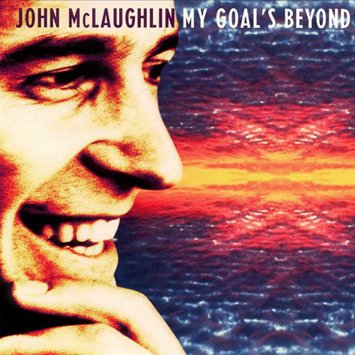
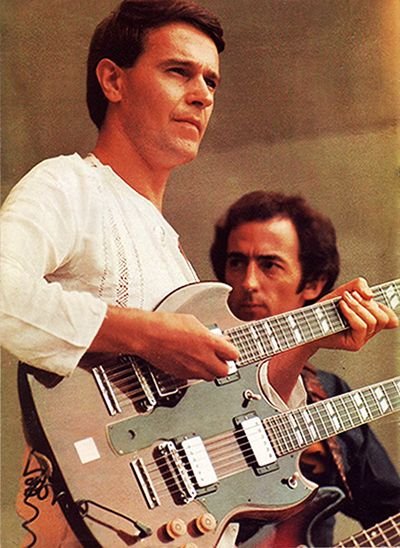
En 1973 McLaughlin lanzó con el guitarrista Carlos Santana, que gracias a él también se había convertido en discípulo de Sri Chinmoy, Love Devotion Surrender, en el que los dos dan rienda suelta a su profunda devoción a través de sus instrumentos. Durante esos años McLaughlin también trabajó con los compositores Gil Evans y Carla Bley. En 1970 fundó la Mahavishnu Orquestra («Mahavisnu» es el nombre espiritual que recibió de Chinmoy) con Jerry Goodman al violín, Jan Hammer a los teclados, Rick Laird al bajo eléctrico y Billy Cobham a la batería. Tocaban una compleja combinación de blues, jazz, hard rock y música hindú técnicamente exigente con la que ayudaron a difundir el jazz fusión en sus inicios. El grupo grabó The Inner Mounting Flame (1971), Birds of Fire (1973) y Between Nothingness & Eternity (1973). Después se disolvió debido a discrepancias personales y en 1974 McLaughlin formó una segunda encarnación con la cantante y teclista Gayle Moran, el violinista Jean-Luc Ponty, el bajista eléctrico Ralphe Armstrong y el batería Narada Michael Walden, que lanzó Apocalypse (1974) con la London Symphony Orchestra, Visions of the Emerald Beyond (1975) e Inner Worlds (1976) con Stu Goldberg sucediendo a Moran y sin Ponty.
In 1973 McLaughlin issued with guitarist Carlos Santana, who thanks to him had also become a Sri Chinmoy disciple, Love Devotion Surrender, in which the two give free rein to their deep devotion through their instruments. During those years McLaughlin also worked with composers Gil Evans and Carla Bley. In 1970 he founded the Mahavishnu Orquestra (“Mahavisnu” is the spiritual name he received from Chinmoy) with Jerry Goodman on violin, Jan Hammer on keyboards, Rick Laird on electric bass and Billy Cobham on drums. They played a complex combination of blues, jazz, hard rock and technically demanding Hindu music with which they helped spread jazz fusion in its beginnings. The group recorded The Inner Mounting Flame (1971), Birds of Fire (1973) and Between Nothingness & Eternity (1973). Later it dissolved due to personal discrepancies and in 1974 McLaughlin formed a second incarnation with singer and keyboardist Gayle Moran, violinist Jean-Luc Ponty, electric bassist Ralphe Armstrong and drummer Narada Michael Walden, which released Apocalypse (1974) with the London Symphony Orchestra, Visions of the Emerald Beyond (1975) and Inner Worlds (1976) with Stu Goldberg succeeding Moran and without Ponty.
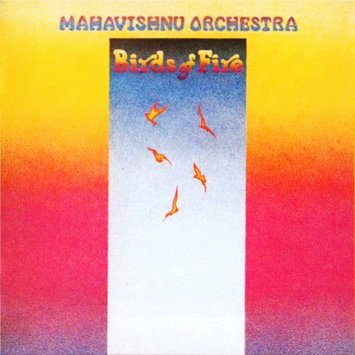
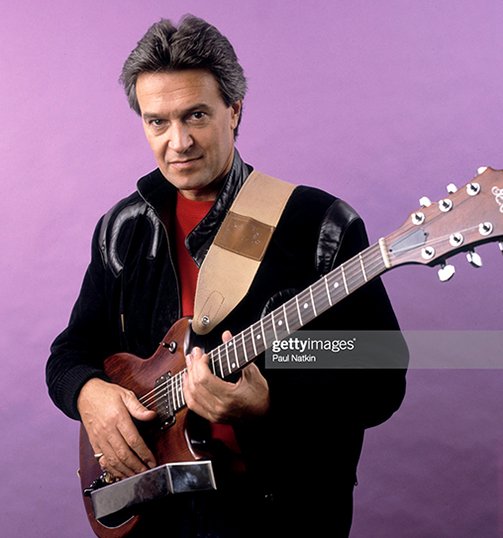
Translated with the help of DeepL

The Dance of Maya
Mahavishnu Orchestra: John McLaughlin (guitarra eléctrica), Jerry Goodman (violín), Jan Hammer (teclados, órgano), Rick Laird (bajo eléctrico) y Billy Cobham (batería, percusión). Extraído del álbum The Inner Mounting Flame (1971).
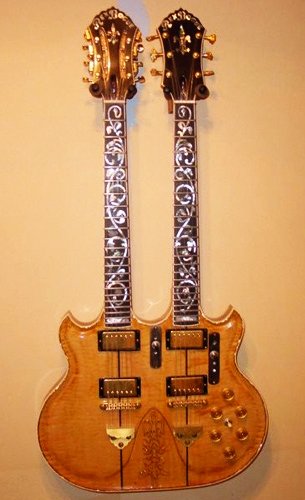
0
0
0.000
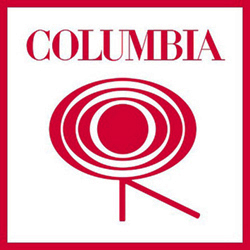

¡Enhorabuena!
✅ Has hecho un buen trabajo, por lo cual tu publicación ha sido valorada y ha recibido el apoyo de parte de CHESS BROTHERS ♔ 💪
♟ Te invitamos a usar nuestra etiqueta #chessbrothers y a que aprendas más sobre nosotros.
♟♟ También puedes contactarnos en nuestro servidor de Discord y promocionar allí tus publicaciones.
♟♟♟ Considera unirte a nuestro trail de curación para que trabajemos en equipo y recibas recompensas automáticamente.
♞♟ Echa un vistazo a nuestra cuenta @chessbrotherspro para que te informes sobre el proceso de curación llevado a diario por nuestro equipo.
🏅 Si quieres obtener ganancias con tu delegacion de HP y apoyar a nuestro proyecto, te invitamos a unirte al plan Master Investor. Aquí puedes aprender cómo hacerlo.
Cordialmente
El equipo de CHESS BROTHERS